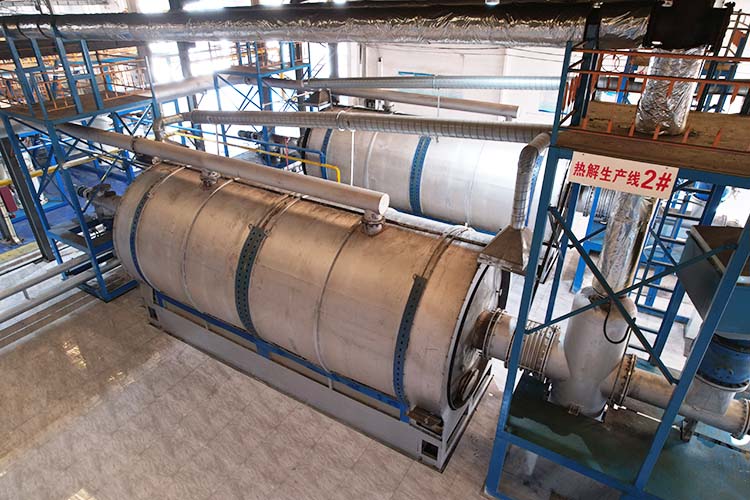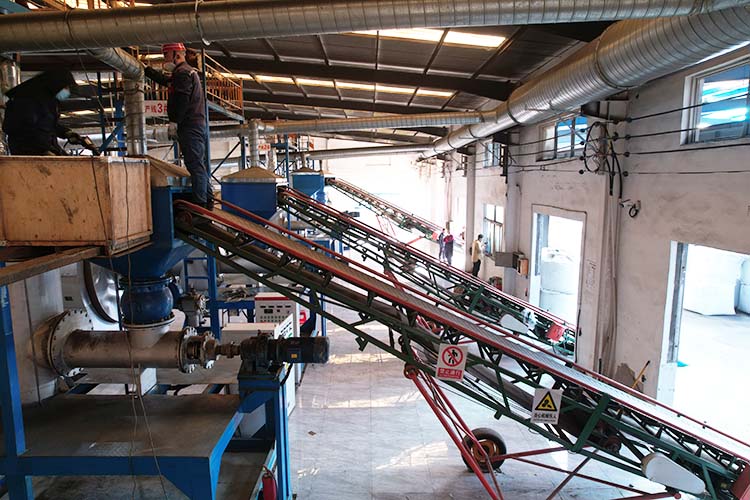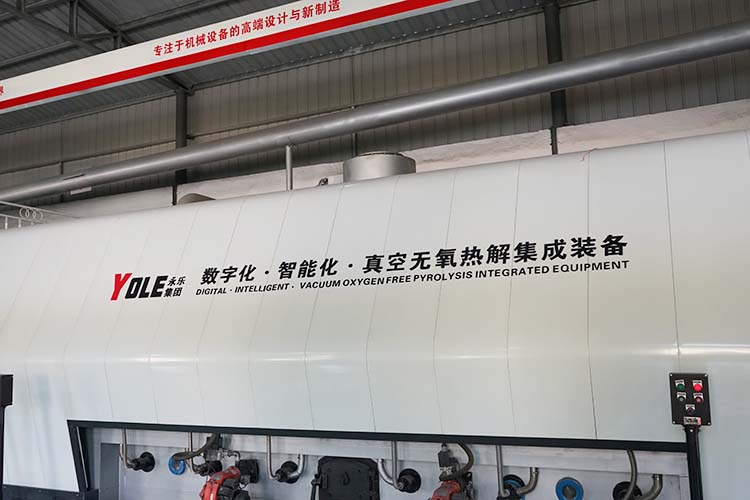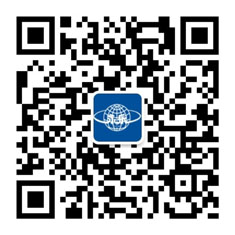In recent years, with the gradual development of the economy and the acceleration of infrastructure construction, the number of cars and motorcycles in Myanmar has continued to rise, especially in major cities such as Yangon and Mandalay. The popularization of transportation has led to an increase in the production of waste tires year by year, with over one million waste tires generated each year. Due to the slow development of Myanmar's environmental protection industry and the incomplete recycling and treatment system for waste tires, a large number of waste tires are indiscriminately piled up in the suburbs of cities, along highways, and along rivers. This not only occupies limited land resources but also damages the local natural environment - tires piled up during the rainy season can easily block rivers and exacerbate floods and waterlogging disasters; During the hot weather in the dry season, tire piles are prone to spontaneous combustion, releasing toxic smoke that pollutes the air and affects residents' health. The traditional treatment methods mainly rely on simple landfilling or incineration, which occupies farmland and pollutes the soil. Incineration exacerbates air pollution, which is inconsistent with Myanmar's emphasis on ecological protection and promotion of green development. There is an urgent need for efficient and environmentally friendly waste tire treatment solutions.

The waste tire refining equipment provides a highly adaptable solution to the actual situation in Myanmar. Considering the unstable power supply in some areas of Myanmar, especially in remote towns, the equipment adopts low-energy design and can flexibly adapt to various power supply methods such as diesel power generation and small-scale hydropower generation, ensuring stable operation under different power conditions without relying on a complete power grid. In terms of transportation and installation, the equipment adopts a modular split design, with small core components and light weight. It can be conveniently transported to various parts of Myanmar by road, inland waterway, and other means, even in rural areas with poor road conditions; The installation process does not require large-scale civil engineering, only simple leveling of the site and ground hardening, greatly reducing the initial investment cost and construction difficulty, and adapting to the current infrastructure situation in Myanmar. In terms of environmental protection, the equipment is equipped with an efficient exhaust gas purification system, which deeply removes harmful components from the exhaust gas through multiple processes such as desulfurization, dust removal, and activated carbon adsorption. The emission indicators meet the requirements of Myanmar's environmental protection department, avoiding air pollution; At the same time, the equipment adopts a fully enclosed cycle production process, with no wastewater discharged, effectively protecting Myanmar's precious water resources and soil environment, and meeting local environmental protection needs.

In terms of economic value, waste tire refining equipment has brought tangible development assistance to Myanmar. Myanmar's agriculture and small-scale industries have a high demand for energy, but there is a gap in energy supply. The high calorific value of fuel produced by equipment can be directly used for agricultural machinery (such as tractors, irrigation equipment), small factory boilers, and generators, alleviating energy shortages in some areas and reducing dependence on imported energy. The high-quality carbon black produced can be supplied to local rubber product workshops and small processing plants in Myanmar for the production of practical products such as agricultural water pipes and seals, enhancing the added value of local industries; The steel wire recovered during the refining process can be sold to local steel processing enterprises as smelting raw materials, creating additional economic benefits. In addition, the equipment operation process is simple, and local personnel in Myanmar can master the operation skills proficiently after 1-2 weeks of professional training, which can create a large number of job opportunities for the local area, covering waste tire recycling, equipment operation, product sales and other links, driving the development of related industrial chains, and helping to increase local economic income.

China Yongle Environmental Protection Engineering Co., Ltd., with rich international project experience and technical strength, customizes comprehensive service solutions for Myanmar. In response to the scale and distribution characteristics of waste tires generated in different regions of Myanmar (such as cities, rural areas, and mining areas), the company can flexibly adjust equipment configuration and launch various models of equipment with a daily processing capacity ranging from 10-50 tons to meet diverse needs from small community processing stations to medium-sized industrial processing centers. Considering the relative shortage of technical talents in Myanmar, the company provides a one-stop service of "equipment installation+operation training+long-term maintenance": dispatching a professional technical team to Myanmar to complete equipment installation and commissioning, ensuring rapid production; Provide systematic training for local operators and maintenance personnel, covering equipment operation, daily maintenance, troubleshooting, etc., to help them master independent operation and maintenance capabilities. In addition, Yongle Environmental Protection has established cooperation with local trade partners in Myanmar to build a parts supply network, set up after-sales service stations in Yangon, and respond to equipment maintenance needs 24 hours a day to ensure long-term stable operation of equipment. Choosing Yongle Environmental Protection's waste tire refining equipment can help Myanmar efficiently solve the problem of waste tire pollution and achieve a win-win situation between resource recycling and sustainable economic development.
Yongle Environmental Protection is mainly engaged in the research and development, production and sales of complete sets of technical equipment for organic solid waste disposal and comprehensive utilization. Production and manufacturing, domestic waste treatment equipment, tire pyrolysis equipment, medical waste disposal equipment, hazardous waste disposal equipment, and achieve efficient and comprehensive utilization of resources through independently developed low-temperature anaerobic pyrolysis equipment technology solutions.
Tags:Waste tire refining equipment helps Myanmar treat waste,waste tire refining equipment,YONGLE GROUP
 Latest news
Latest news


























